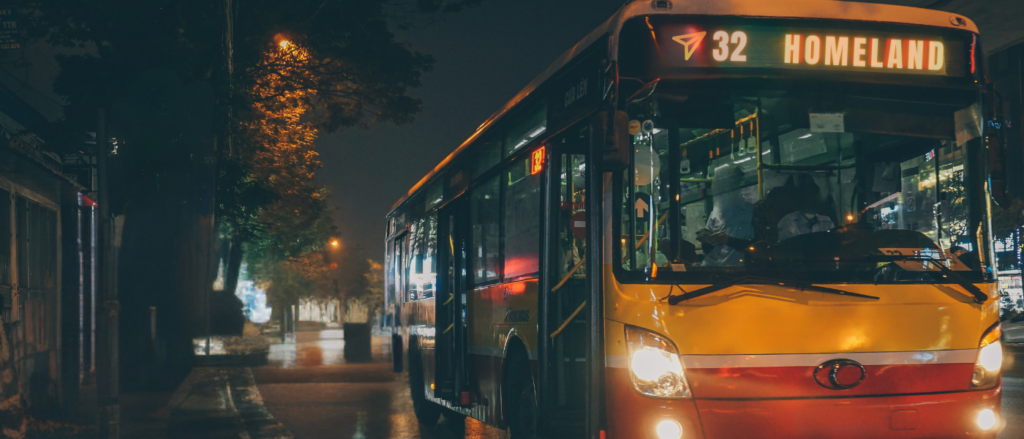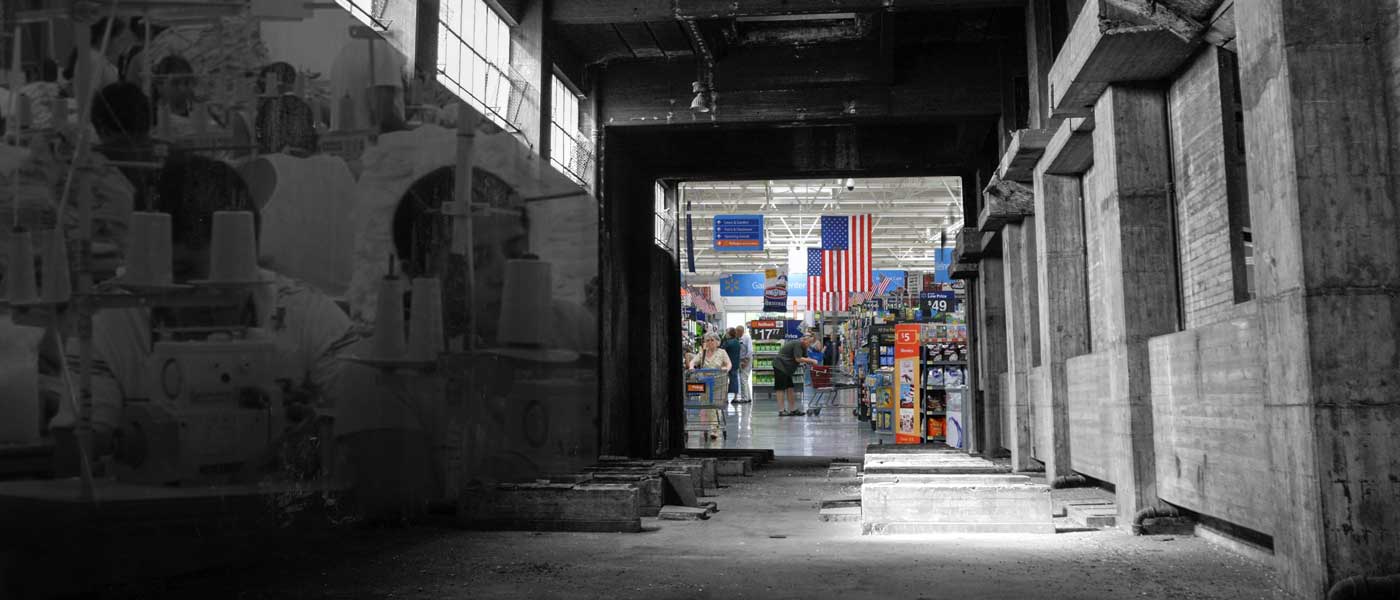Editorial Note: Naomi Day was a Finalist for our Editors-in-Chief position for our 2024 Community Anthologies. We invited our finalists to write a short piece on the topic of their proposed anthology. Below, get insight into “On Homeland,” the anthology topic that Naomi had proposed for their Community Anthology.
At 11pm on a cloudy night, I’m heading home. I’ll be on the bus for an hour. A friend insists on walking me to the bus stop, four minutes from her house.
Text me when you get home, she says.
You too, I tell her, and we laugh.
Four minutes later, she does. An hour later, I do. But neither of us are really home, are we?
Pause. Ask yourself: What do you think of when you think of home?
Home is a loaded, lonely word for us violently diasporized people. Land is equally complex, those four letters draped with invisible weights. My ancestors were uprooted from both, replanted with brutality if at all. These extractions have left much of my lineage trailing disconnected after them. I bear an anxious need for dirt that feels like it knew my grandmothers’ grandmothers.
In this last year, I’ve been considering the question of homeland—or home land, to be semantically and structurally specific.
What does homeland mean when my ancestors were hauled from a land that claimed them, nurtured them, grew them?
What does home land mean when you have been removed from yours, driven in the dark of night or the equally oppressive eye of day, when the severing from the land that birthed and raised you is fast and bloody and leaves ragged wounds behind?
Pause again. Take a deep breath. Ask yourself: Which of these questions resonate? Which one asks you to linger?
When considering these questions, I also consider the gaps between—
—bearing witness: I see you;
— What do you see? —
—staging criticism: We should do this instead;
— What do you want to do? —
—rewriting history: Look at what we could have been;
— What have you been instead? —
—and creating new futures: Here is where we may go.
—Where will you take us?—
Each question involves dissolving and rebuilding; each requires a different mindset; each requires different care.
As I consider my own missing homeland, I return to temporary homes located on varied lands. I consider the connective tissue between temporality and physicality, wonder at ways to close the gaps between myself and those who came before. Where can regeneration take root? How do I rehabilitate a body made from those subjugated as tools; how do I care for a spirit rebirthed from a place that no longer exists?
How do I approach the colossal task of calling back to self when my body is a monument to survival but does not yet know how to keep breathing?
Pause for the last time. Sink down inside yourself, your reactions. Ask yourself: Where and when were my ancestors buried? Am I the seed pressing up from the dirt, or the leaf stretching towards the sun, grasping its light so it may pass that energy down to all who come after?
Home, land, homeland—it would take a lifetime of words to begin to describe what they mean. So begin today, with a question from me to you: What does home mean to you?




